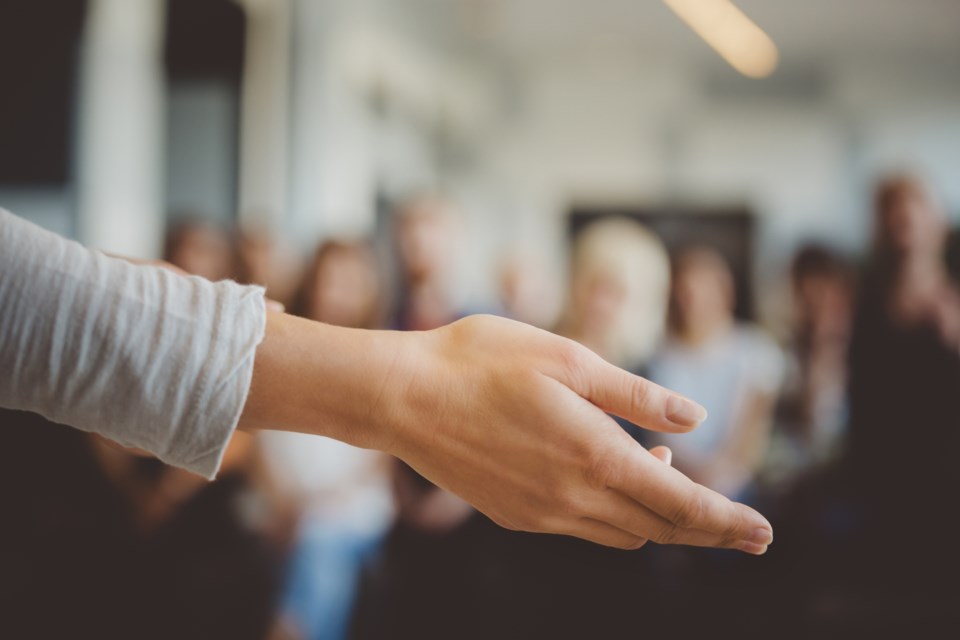A Richmond resident and student is hoping B.C. schools and post-secondary institutions can work on eliminating the “invisible barrier” between counsellors and students.
Cedric Lin, a UBC student, said a big part of stress for post-secondary students like himself is not exams and homework, but finding someone to talk to when things get emotionally tough.
Taking courses online because of the pandemic only added to the sense of isolation, Lin added.
While he thought about reaching out for professional help, Lin said he always felt “an invisible barrier” between himself and a school counsellor. Instead, he turned to friends, Netflix and listening to music.
“It’s not that I don’t trust the school counsellors’ abilities, but there seems to be an extra degree of unknown for me … like I don’t know them well enough and I don’t feel like I can open up as well as I can with my own friends,” said Lin.
“With friendship, you kind of build it up…. With professionals, you’re expected to believe in them right off the bat, and that adds more uncertainty for me.”
That said, Lin did have a high school counsellor with whom he built a trusting, professional relationship.
However, at post-secondary, he said he wishes schools would work on breaking down barriers. While he appreciates that counselling services at post-secondary schools are usually free, appointments are often not timely.
When he did eventually reach out, Lin said he was told he would have to book an appointment in advance.
“I just needed someone to talk to right away, but they told me I had to wait for the next available slot,” said Lin.
The B.C. government recently re-introduced its Here2Talk program, a mental health support and community service, that offers 24-hour counselling services to post-secondary students.
Here2Talk, said Lin, is something he would recommend to other students.
“Not all friends can understand every situation a person goes through, and it's times like these that a counsellor and professional help proves to be beneficial because they have the training.”
Meanwhile, Kwantlen Polytechnic University (KPU) has seen an uptick in students using its mental health resources in the past year, according to Joshua Mitchell, associate vice president of KPU Student Affairs.
This, said Mitchell, “implies that the school is making a little bit of headway” in regards to tackling stigmas around mental health and awareness.
“We still have some work to do, but we’re doing our best to make sure students feel safe and that staff are easily approachable.”
Mitchell added KPU has 24/7 support services for its students both on an app and by phone.
The school’s system shows that 75 per cent of its support services are being used in the evenings, through the night and during the weekend.
When asked if there were potential barriers preventing students from reaching out to counsellors or support services, Mitchell told the News that one of KPU’s biggest challenges is awareness.
“Sometimes a student’s uncertainty about coming forward is based on stigma or they’re concerned about confidentiality or privacy, or even about cost, which they don’t realize that it’s a free service for students,” said Mitchell.
“We have work to do when it comes to making sure students know about the services and how accessible they are.
“KPU, as well as other post-secondary institutions’ student services, are making sure students receive the support they need to be successful (in) their studies and we hope that students can come forward when they need the help.”




